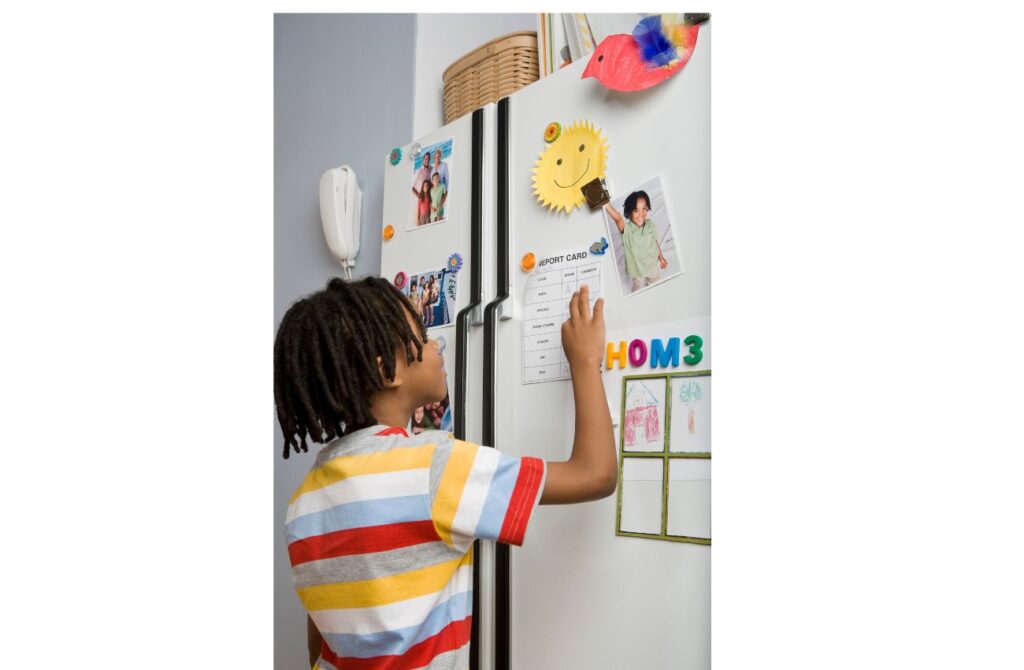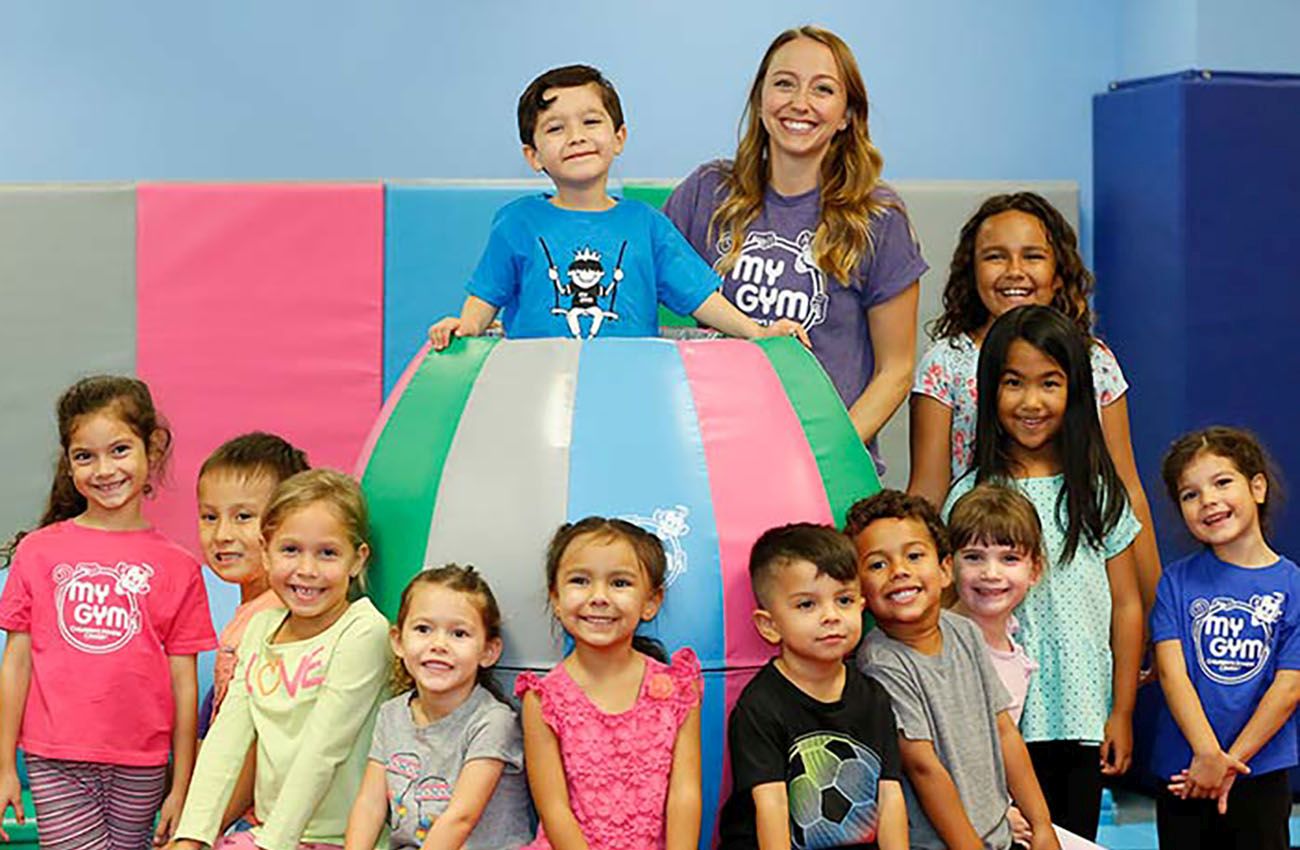10 Tips for Keeping Your Family Organized and On Time
With a bit of planning and organization, it's possible to get everyone where they need to be while also minimizing stress and confusion.

As the head of your household, you’ve probably already realized how essential it is to keep track of everyone’s schedules and commitments. But between school, work and that seemingly never-ending list of extracurricular activities, it can feel like a daunting task for any family! However, with a bit of planning and organization, it’s possible to get everyone where they need to be while also minimizing stress and confusion.
Recently, we reached out to our Bucks County (and adjacent!) Parents out on our Community Facebook Page, to find out how you manage to stay on top of your family’s schedules and the answers were enlightening. You won’t want to miss these tips!
A Few Key Benefits of Family Organization
- Reduce Stress: A well-organized family life reduces stress for parents and children. Knowing what to expect and having a plan in place helps everyone feel more secure and less anxious.
- Time Management: Effective family organization allows better time management. It helps ensure that family members can balance work, school, and leisure activities without feeling overwhelmed.
- Increased Responsibility: Involving kids in the family’s organization teaches them responsibility. Simple tasks like managing their own laundry or participating in meal planning help them develop important life skills.
- Enhanced Communication: Family organization promotes better communication among family members. Regular family meetings and a shared family schedule ensure everyone is informed and on the same page.
1. Create a Family Calendar

Whether it hangs in your kitchen, sits on your desk, or lives on your screen, everyone agrees: Having a family calendar is an absolute essential to keeping the family schedule running smoothly. And it turns out that many of us use more than one. “We use Google Calendar and then transfer to a paper calendar on the fridge,” says Christine T. Having a family calendar can help avoid conflicts, help everyone stay on top of deadlines, encourage communication and even teach our children responsibility.
2. Choose a Color for Each Family Member
Assign a different color to each family member on the calendar to make it easier to identify who has what scheduled. This can help prevent scheduling conflicts and ensure that everyone’s schedule is being taken into consideration. “We’re a family of five, so I try to use a specific color for each person. Doing this has helped a lot. It got them all to look at the calendar instead of asking me what the plans are over and over again. This way we’re all on the same page.” Christina T.
3. Keep It Old School
They say the best calendar is the one you use. And while all those fancy apps might be tempting, some of us advise keeping things simple. “Old school style,” laughs Bucks County Parent Ellie. “A coded dry-erase calendar right at the eye level on the fridge so I have to look at it multiple times a day. If it’s in my phone, I’d never look.” Head to your local stationary store and pick out an inexpensive desk or wall calendar. And don’t forget to grab some highlighters!
4. Use Your Phone

If you have an iPhone, The Apple Calendar app can help you keep track of your schedule and share it with others. iCalendar works with iCloud, Yahoo, Google, and other accounts, so every change you make on one device automatically appears across all your devices.
“I use my iPhone calendar and share with my husband on his phone anything related to appointments, etc. ” says Veronica M.
“My son has about 30 doctor appointments a year. My iPhone calendar is what I use, but I’m the only one affected or needs to see it.” shares Crystal Z.
5. Google Calendar
An overwhelming number of parents shared that they use Google Calendar, Google’s free calendar app that comes with Google Workspace and Gmail. One of its main advantages is its sharing capabilities. Family, friends, and others can share Google calendars with each other to keep track of meetings, appointments, birthdays, etc.
“I tried to make an actual calendar hanging up in the kitchen work but it didn’t. We use Google Calendar. It’s easy when you’re on the go and just add things and your partner will see it.” Polly C.
“Google calendar is my lifeline. I made unique calendars for each kid in a different color, I can add or move appointments and share them with my partner and grandparents, so everyone knows their plans,” Local Parent and Bucks County Parent Founder/CEO Sarah B.

6. Consider Using an App
In today’s digital age, there are many calendar apps and systems available for families to use. “We use Cozi Calendar App because our kids are toddlers so they don’t need to see it. We have an old iPad mounted in the kitchen for easy view of the calendar outside of our phones too.” says Laurie B.
Oriana S. prefers the TimeTreeApp. “I use TimeTree app and have a shared calendar with my husband. Each person has a color and any family events are one color.” It’s important to remember that many of these apps have similar features and that for most families, picking just one will serve you just fine.
7. Place Your Calendar In a Central Location

Make sure that everyone in the family who is old enough has access to the calendar and knows how to use it. This can be done by sharing the calendar app or system with each family member or printing out a physical copy of the calendar for everyone to refer to. “On a white board, I have the week written so big kiddo can read things that apply to him. I write it/we review every Sunday – it’s for things like themed days at school, if a sitter is coming, birthday parties, etc. We also have a paper calendar so big kids can see countdowns to important things like vacation and birthdays. It’s sorta a lot, but the more the big kids can see for themselves, the less questions I have to answer!” Courtney D. advises.
8. Set Reminders
Some of us, especially the younger ones, may need several reminders to get moving! Set reminders for important events and appointments to ensure that no one forgets. This can be done within the calendar app or system or by setting reminders on your phone or computer.
9. Plan Regular Family Meetings
Schedule regular family meetings to go over the calendar and discuss any upcoming events or appointments. This can help ensure that everyone is aware of what is going on and can help prevent any last-minute surprises. It also allows everyone within the household to have a voice in the system and to speak up if something isn’t working.
10. Be Flexible and Have Fun
Schedules can change. Someone may forget to update the family calendar app. The Google calendar could go untouched for weeks. Give your family time to adjust to the system and remember that ultimately, it’s all for the good of your family.





